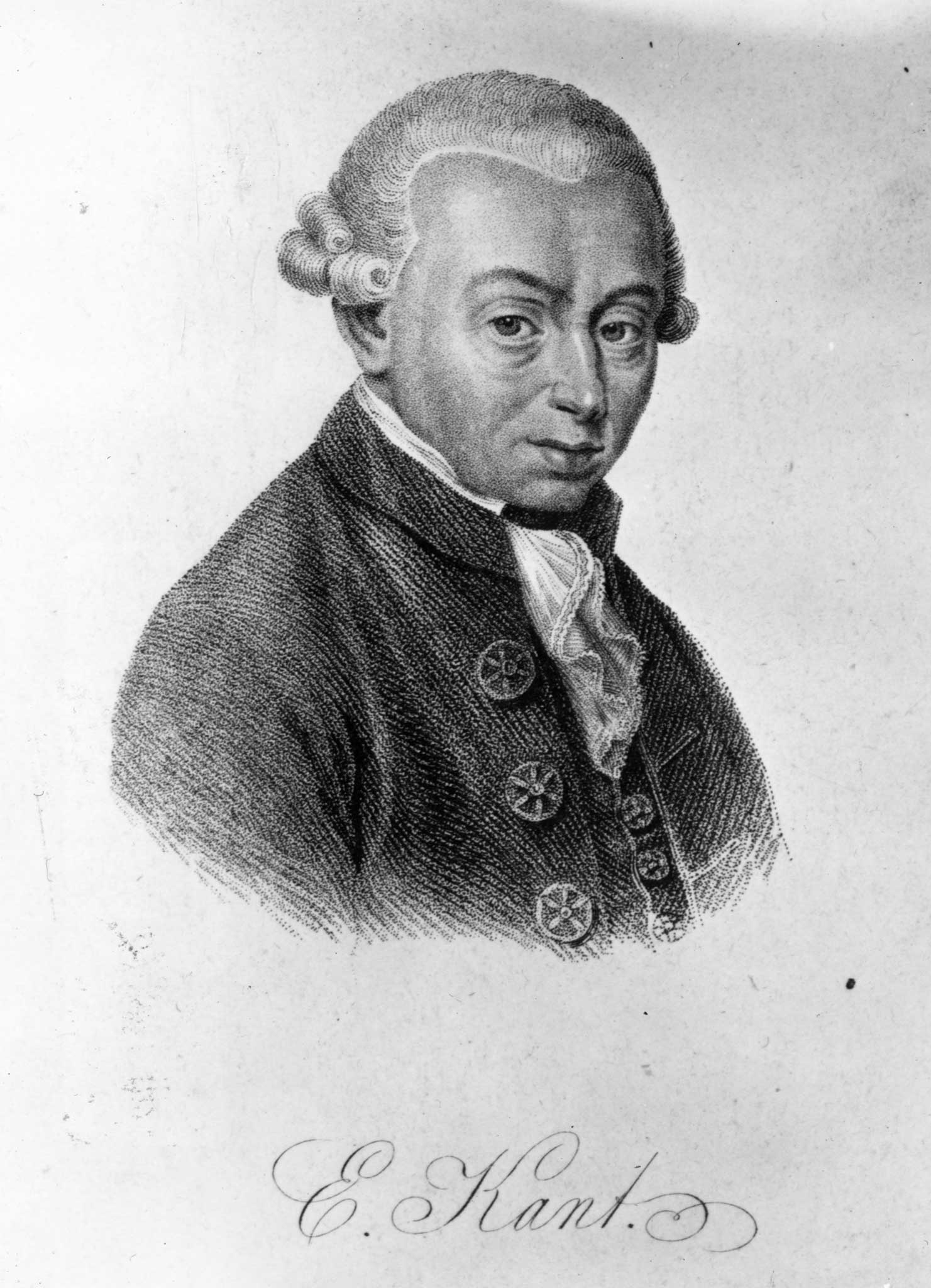Critique of Pure Reason by Immanuel Kant, book of a lifetime: A rich panoply of materials

Your support helps us to tell the story
From reproductive rights to climate change to Big Tech, The Independent is on the ground when the story is developing. Whether it's investigating the financials of Elon Musk's pro-Trump PAC or producing our latest documentary, 'The A Word', which shines a light on the American women fighting for reproductive rights, we know how important it is to parse out the facts from the messaging.
At such a critical moment in US history, we need reporters on the ground. Your donation allows us to keep sending journalists to speak to both sides of the story.
The Independent is trusted by Americans across the entire political spectrum. And unlike many other quality news outlets, we choose not to lock Americans out of our reporting and analysis with paywalls. We believe quality journalism should be available to everyone, paid for by those who can afford it.
Your support makes all the difference.To be asked to pick just one book as a "book of a lifetime" is of course silly – when people only have one book (eg the Bible) a vast amount of nonsense and mayhem follows, as history and our painful present shows.
We need lots of books because they together form a conversation, in which readers take part: the conversation of civilisation (treating this last word as the name of a process as well). However, to go along with this one-book thing, I nominate Immanuel Kant's Critique of Pure Reason (not the first edition of 1781, but the second, augmented edition of 1787).
Kant's book requires a degree of concentration to be understood and appreciated, but it richly repays close study both for its own sake and because of the far‑reaching nature of what it suggests. Few would (or should) agree with it in its details, but it is basically on the right track regarding the fundamental epistemological and metaphysical questions. Studying it and unfolding the lines of thought it prompts therefore form part of a complete philosophical enterprise.
The essence of Kant's case is that the mind contributes substantially to the way the world appears to us in experience, imposing categories of interpretation that give the world its phenomenal character and structure. He (wrongly) suggests that the inner, or underlying, nature of what our cognitive capacities thus order is in principle inaccessible – science tells us otherwise – but (rightly) points out that the effort to apply the categories beyond their proper range of application gives rise to metaphysical excesses of speculative thought.
The consequences of the over-reaching of the faculty of reason dog our social and personal lives in ways that Kant talks of in others of his works. Consider, for example, what he says in his famous essay What Is Enlightenment?, when he writes of the need for intellectual freedom and the courage to enquire. The third part of the CPR, the Dialectic, examines the basis of these corrosions of thought.
However, it is in the first two sections of the CPR, the Aesthetic (on sense experience) and the Analytic (on empirical cognition and the nature of the phenomenal world) that we find the detailed working out of his positive views. These are what give us a rich panoply of materials for thinking about our encounter with our world in perception and thought, and they are the basis for much of what we need in order to grapple with ultimate questions about what we can know.
AC Grayling's latest book, 'The Friendship', is out in paperback (Yale University Press). Professor Grayling is Master of New College of the Humanities, and Chair of the Man Booker Prize 2014
Join our commenting forum
Join thought-provoking conversations, follow other Independent readers and see their replies
Comments